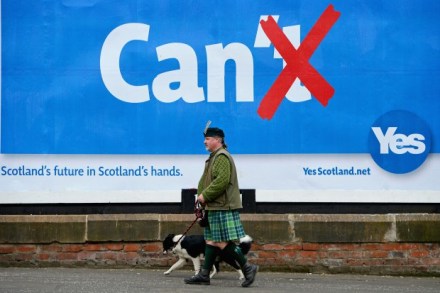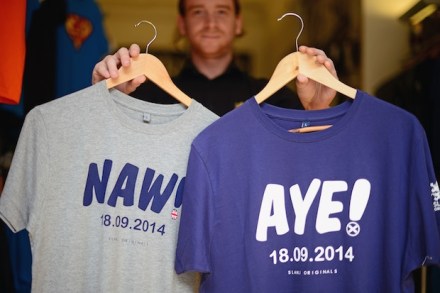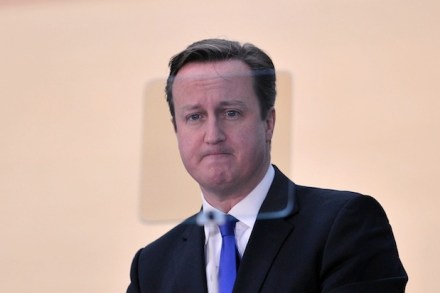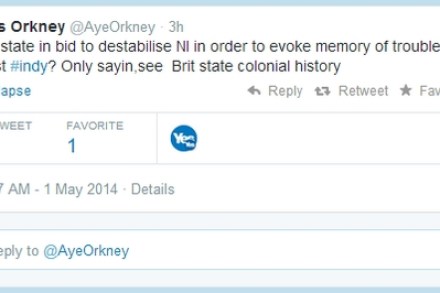Once Scotland votes, it’s England’s turn for a constitutional crisis
[audioplayer src=”http://traffic.libsyn.com/spectator/TheViewFrom22_12_June_2014_v4.mp3″ title=”James Forsyth and Isabel Hardman discuss the English question and the next election” startat=1129] Listen [/audioplayer]Before David Cameron heads off for his summer holiday, he’ll be presented with a first draft of the Tory manifesto by Jo Johnson, Boris’s younger brother and a cautious, well-organised thinker. He dislikes publicity almost as much as the Mayor of London relishes it. Radical ministers lament that Johnson doesn’t like pushing their recalcitrant colleagues too far, but despite this, the early hints are that the manifesto will be a surprisingly bold document. There will, though, be one thing missing from this draft: what to do about the English question. A member of


















